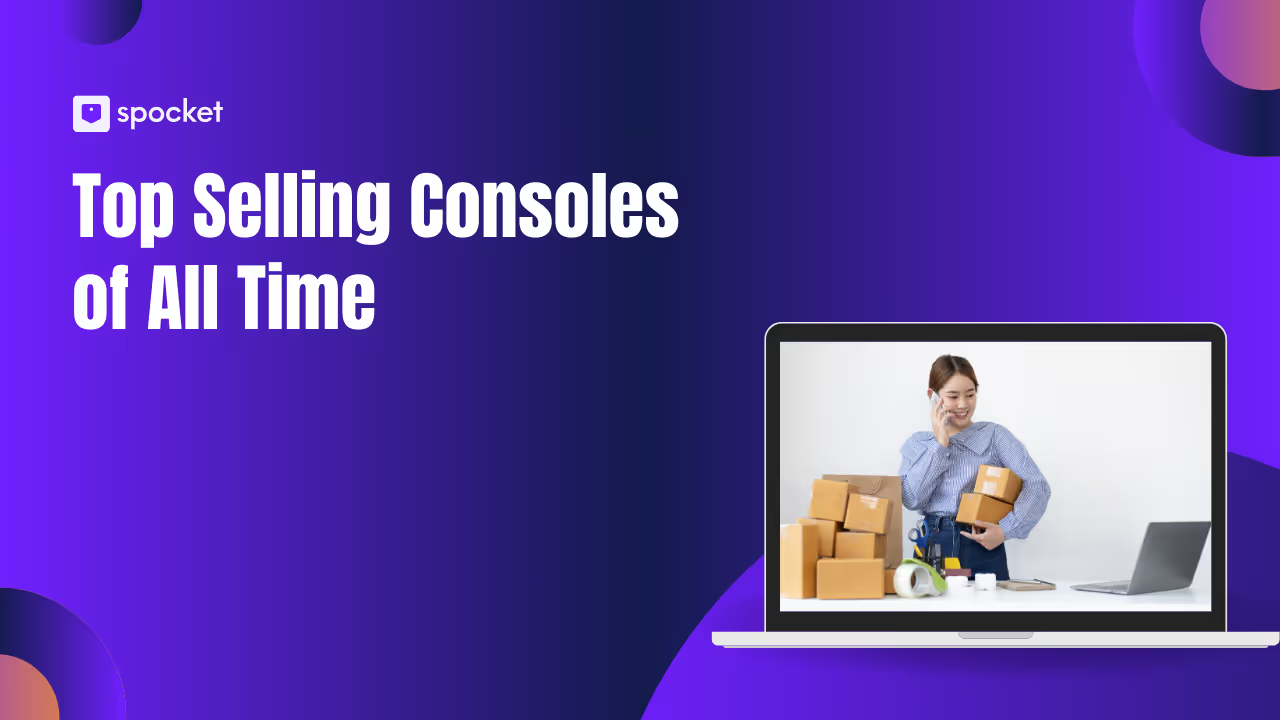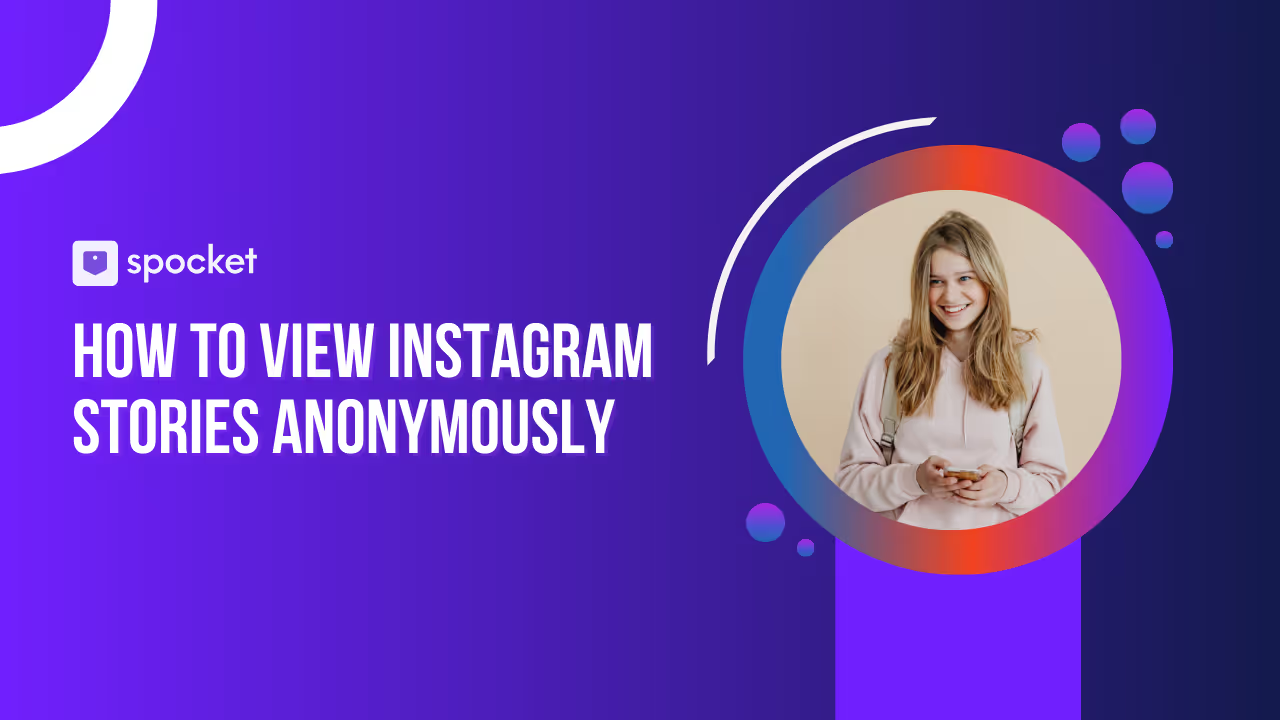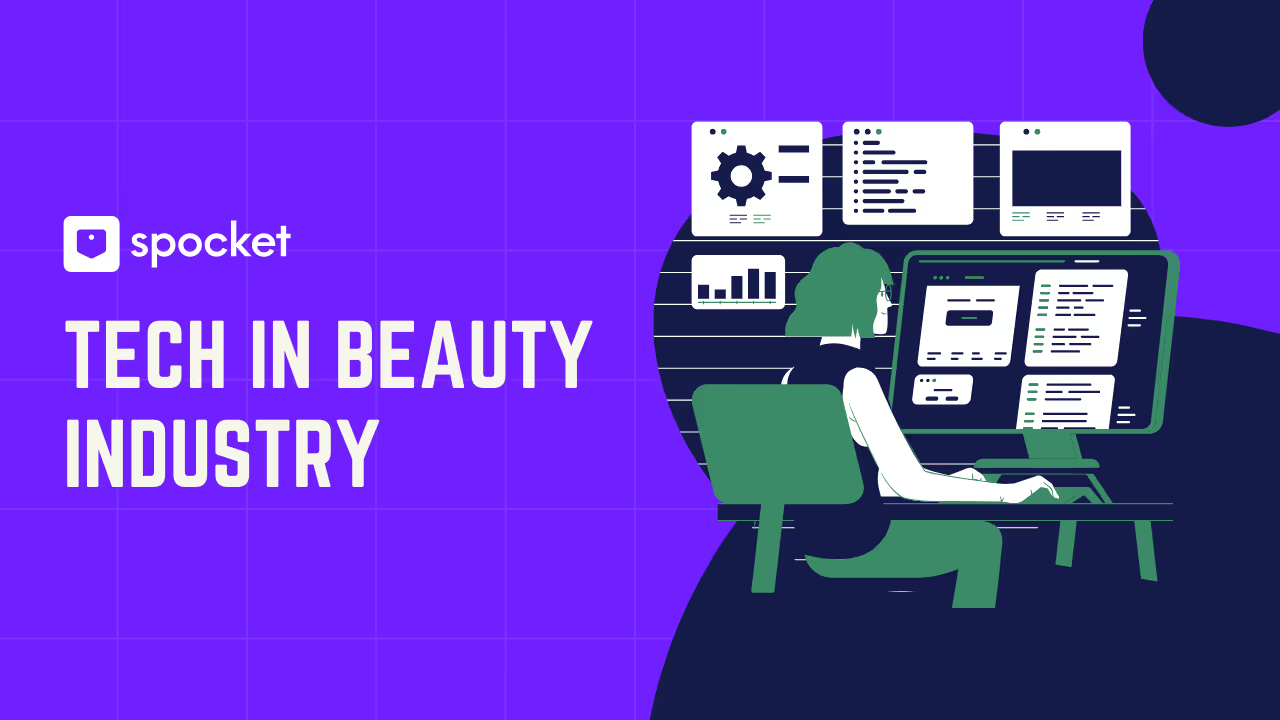What is an AI Influencer
Discover what AI influencers are, how they work, and their impact on marketing. Explore their benefits, challenges, and future potential in the digital world.


The digital world is constantly changing, and now, we’re seeing the rise of a new type of influencer—one that isn’t human at all. AI influencers are quickly gaining traction, captivating audiences and collaborating with brands just like traditional human influencers. But, unlike humans, these influencers are created entirely by artificial intelligence. So, what exactly is an AI influencer, and how are they shaping the future of marketing? Let’s break it down.
The Rise of AI Influencers
A New Digital Persona
In the past few years, we’ve seen the introduction of AI influencers—digital beings that exist solely in the virtual world but act just like real people. These influencers engage with their followers, create content, and promote brands, much like the human influencers we’ve known for years. But the key difference? They’re entirely artificial.
The idea of an AI influencer comes from combining cutting-edge technology with social media marketing. Tech companies or agencies usually design these virtual personalities and often look like 3D avatars or realistic CGI representations. Some are even equipped with human-like personalities, backstories, and interests. The goal? To appeal to an online audience and forge a connection through their digital persona.
Technological Advancements That Made AI Influencers Possible
The rise of AI influencers wouldn’t have been possible without the remarkable advances in technology. Machine learning, natural language processing, and CGI have paved the way for creating digital figures that can communicate and interact with followers just like humans. AI influencers are able to process and understand language, respond to comments, and generate content, making them incredibly lifelike and engaging.
Moreover, as AI technology continues to improve, these virtual personalities are becoming more sophisticated, allowing them to create and post content that resonates with a wide variety of audiences. Platforms like Instagram, TikTok, and YouTube have embraced these digital personas, which are now becoming major players in online marketing campaigns.
Characteristics of AI Influencers
Creation and Design
AI influencers are born from a blend of creativity, technology, and strategy. The first step in creating an AI influencer is deciding on their persona. What kind of personality will they have? Are they going to be an approachable, friendly figure or a trendy, bold persona? The team behind an AI influencer creates their appearance, interests, and style, crafting every detail from the ground up.
Some AI influencers are designed to look like realistic human beings, with intricate facial features and lifelike expressions, while others may have a more futuristic or stylized appearance. The process includes 3D modeling, voice design, and crafting their backstory, making them feel more real and relatable to followers.
Once their persona is created, AI influencers are trained to interact with followers. They learn how to respond to comments, hold conversations, and adapt their communication style based on user engagement. This interaction makes them feel alive, as if they were a real person engaging with the audience.
Interaction with Audiences
What truly sets AI influencers apart from other digital personas is their ability to engage with their audience in real-time. Unlike traditional influencers, who have schedules and personal commitments, AI influencers are available 24/7. This gives them a unique advantage in the world of social media marketing, where constant engagement is key.
AI influencers interact with their followers just like any human influencer would. They comment on posts, reply to messages, and even like or share content from their followers. Using machine learning algorithms, AI influencers can tailor their responses to match the tone and context of the conversation, creating a personalized experience for every interaction. Their ability to engage in natural, flowing conversations with followers makes them incredibly relatable and human-like.
Applications in Marketing
Brand Collaborations
One of the most exciting uses of AI influencers is in brand partnerships. Many companies are now collaborating with AI influencers to promote their products or services. These digital personas provide brands with a unique opportunity to connect with a targeted audience in a way that’s both innovative and engaging. AI-powered platforms are revolutionizing how brands identify and connect with digital personalities. If you’re looking to target your campaigns more effectively, you can now easily find influencers with IQfluence for data-driven collaborations.
For example, Lil Miquela, one of the most famous AI influencers, has worked with global brands such as Prada, Calvin Klein, and Samsung. Her partnerships with these brands have helped them tap into a younger, more tech-savvy audience who resonates with digital culture. The appeal of AI influencers lies in their ability to create an image that aligns perfectly with a brand’s identity, while also maintaining full creative control over how that image is presented.
Consumer Engagement
AI influencers don’t just promote products—they also help brands build relationships with their customers. By engaging in regular conversations, sharing relatable content, and even answering customer questions, AI influencers help foster a sense of community. Brands can use these AI personalities to connect with their audience on a deeper level, making them feel heard and valued.
What’s more, AI influencers can provide brands with valuable data on consumer behavior. With the help of AI, marketers can track how followers engage with content, identify patterns, and tailor campaigns to meet the needs of their audience more effectively.
Benefits of AI Influencers
Cost-Effectiveness
One of the main advantages of AI influencers is the potential for significant cost savings. Traditional human influencers often come with hefty price tags, including travel costs, content creation fees, and campaign expenses. With AI influencers, brands only need to invest in the development and maintenance of their digital persona. There are no physical expenses like travel or accommodations, making them a more affordable option in the long run.
Creative Control
AI influencers give brands complete creative control over their messaging. Unlike human influencers, who may have their own personal opinions, preferences, and values, AI influencers can be programmed to align perfectly with the brand’s image and messaging. Brands can tailor their content, voice, and behavior to match their marketing objectives, ensuring that every piece of content is on-brand and consistent with the company’s values.
24/7 Availability
Another advantage of AI influencers is their ability to engage with followers around the clock. Human influencers may need time off or take breaks, but AI influencers are always available to interact with their audience. This constant availability allows brands to maintain a continuous presence on social media, increasing brand visibility and engagement at all times.
Challenges and Ethical Considerations
Authenticity
Despite their growing popularity, AI influencers face challenges around authenticity. While they can simulate human behavior and conversation, they’re still not real people. Many followers may feel a disconnect when they realize their favorite influencer is entirely artificial. This raises questions about whether AI influencers can truly form the kind of emotional connections that human influencers do.
Transparency
As AI influencers continue to gain traction, transparency becomes more important. Consumers need to be informed that the influencer they are interacting with is not human. Full disclosure about the nature of AI influencers will help maintain trust between brands, influencers, and audiences, ensuring that followers understand what they’re engaging with.
Data Privacy
Another concern with AI influencers is the amount of data they collect. These virtual personas track user interactions, preferences, and behaviors to improve their engagement. While this data is valuable for brands, it also raises questions about data privacy and whether users are fully informed about the extent of the data being collected.
Future of AI Influencers
Industry Trends
AI influencers are rapidly becoming a mainstream marketing tool, and their presence is expected to grow even further. As technology advances, AI influencers will become even more sophisticated, with the ability to create more personalized content, engage in deeper conversations, and even host virtual events. Brands will continue to experiment with these digital personalities, pushing the boundaries of traditional influencer marketing.
Predictions
Experts predict that AI influencers will play a significant role in the future of social media marketing. With their scalability, cost-effectiveness, and creative control, they offer brands a unique opportunity to connect with consumers in innovative ways. As AI technology evolves, these virtual influencers could even take on more autonomous roles, generating content and interacting with audiences without much human intervention.
Conclusion
AI influencers are a digital phenomenon that’s reshaping the future of content marketing. By combining advanced AI technology with creative content strategies, brands are finding new ways to engage with their audiences, increase brand awareness, and drive sales. While there are challenges around authenticity, transparency, and data privacy, the benefits of AI influencers—cost-effectiveness, creative control, and 24/7 availability—are undeniable. As the technology continues to evolve, we can expect AI influencers to become even more integrated into the world of social media and marketing, offering exciting possibilities for both brands and consumers.
FAQs About AI Influencers
What is an AI influencer?
An AI influencer is a virtual persona created using artificial intelligence technologies such as machine learning, natural language processing, and CGI. Unlike human influencers, these digital figures engage with audiences, create content, and promote products across social media platforms—all through programming and AI. They can interact with followers, post content, and collaborate with brands, just like human influencers, but they are entirely artificial.
How are AI influencers created?
AI influencers are created through a combination of advanced technologies, including 3D modeling, animation, and artificial intelligence. Their physical appearance, personality traits, and backstories are carefully designed by developers, who also program their ability to engage in conversations and generate content. These digital figures are equipped with machine learning algorithms that help them adapt to their audience’s behavior and preferences.
Are AI influencers more cost-effective than human influencers?
Yes, one of the main advantages of AI influencers is their cost-effectiveness. Unlike human influencers, who require payments for travel, accommodation, and ongoing personal management, AI influencers only incur development, maintenance, and content creation costs. This makes them a more affordable option for brands in the long run, especially for campaigns that require consistent engagement and availability.
Can AI influencers connect with audiences like human influencers?
AI influencers can simulate human behavior and communication, which allows them to connect with their audience in meaningful ways. However, the emotional depth and personal experiences that human influencers bring to their interactions may not be replicated by AI. While AI influencers can engage and entertain, some followers may still question the authenticity of their interactions, especially if they are unaware that they are interacting with a non-human figure.
How do AI influencers impact marketing campaigns?
AI influencers offer brands a unique opportunity to reach and engage with their target audience. They can be programmed to align perfectly with a brand’s identity, providing full creative control. These virtual personalities also work around the clock, ensuring continuous engagement, and can help build long-term customer loyalty. Additionally, AI influencers allow for data-driven insights into consumer behavior, enabling more effective and personalized marketing strategies.
Are AI influencers ethical?
While AI influencers present many advantages, they also raise ethical concerns, particularly regarding authenticity and transparency. It's important for brands to disclose that their influencer is a digital persona to maintain trust with their audience. Furthermore, AI influencers gather large amounts of data, which raises questions about privacy and the handling of that information. Brands and developers must ensure that they are following ethical guidelines and transparent practices when using AI influencers in their marketing efforts.
What are the main benefits of using an AI influencer?
The main benefits of using an AI influencer include:
- Cost-effectiveness: No travel or personal management expenses.
- Creative control: Full customization of appearance, messaging, and content.
- 24/7 engagement: AI influencers are available at all times, ensuring consistent brand presence.
Scalability: AI influencers can be easily scaled to reach large or niche audiences without additional costs.
Can AI influencers replace human influencers in the future?
While AI influencers are becoming an increasingly popular choice in digital marketing, they are unlikely to fully replace human influencers. The human touch and personal experiences that human influencers offer are difficult to replicate with AI. However, AI influencers will continue to complement human influencers, providing brands with a broader range of options to enhance their marketing strategies.
Which brands are using AI influencers?
Several major brands have already experimented with AI influencers, including fashion labels like Prada and Calvin Klein, who have partnered with virtual personalities like Lil Miquela. AI influencers have also been used in the beauty industry, technology promotions, and entertainment campaigns. As AI technology continues to evolve, more industries will likely adopt AI influencers to enhance their brand presence and marketing strategies.
What does the future hold for AI influencers?
The future of AI influencers looks promising. As AI technology improves, these digital personas will become even more sophisticated and capable of deeper interactions with followers. We may see AI influencers take on more autonomous roles, creating content and interacting with users without much human intervention. Their use in marketing will likely expand, as brands continue to find innovative ways to use AI influencers in their campaigns.
Launch your dropshipping business now!
Start free trialRelated blogs

Top Selling Consoles of All Time
We review the top selling consoles of all time. This analysis covers units sold and what makes these systems popular with gamers.

Anonymous Instagram Story Viewer: How to View Instagram Stories Anonymously
Learn how to view Instagram stories anonymously without leaving traces. Get practical methods that work in 2026, plus safety tips and what to avoid. Stay private while browsing.

Tech in Beauty Industry
Explore the latest tech innovations in the beauty industry, including AI, AR, and smart devices, shaping personalized beauty experiences and market trends in 2025.


































